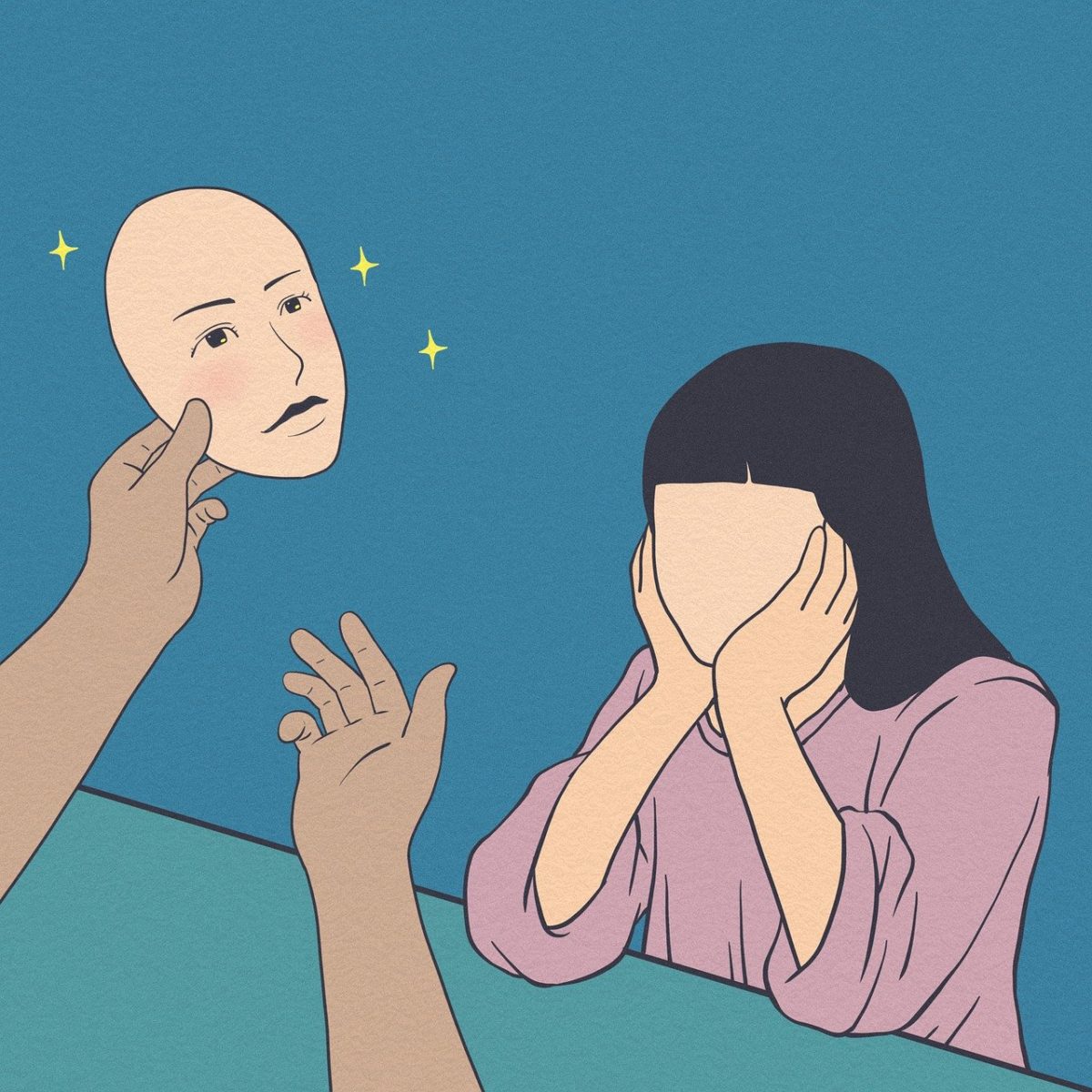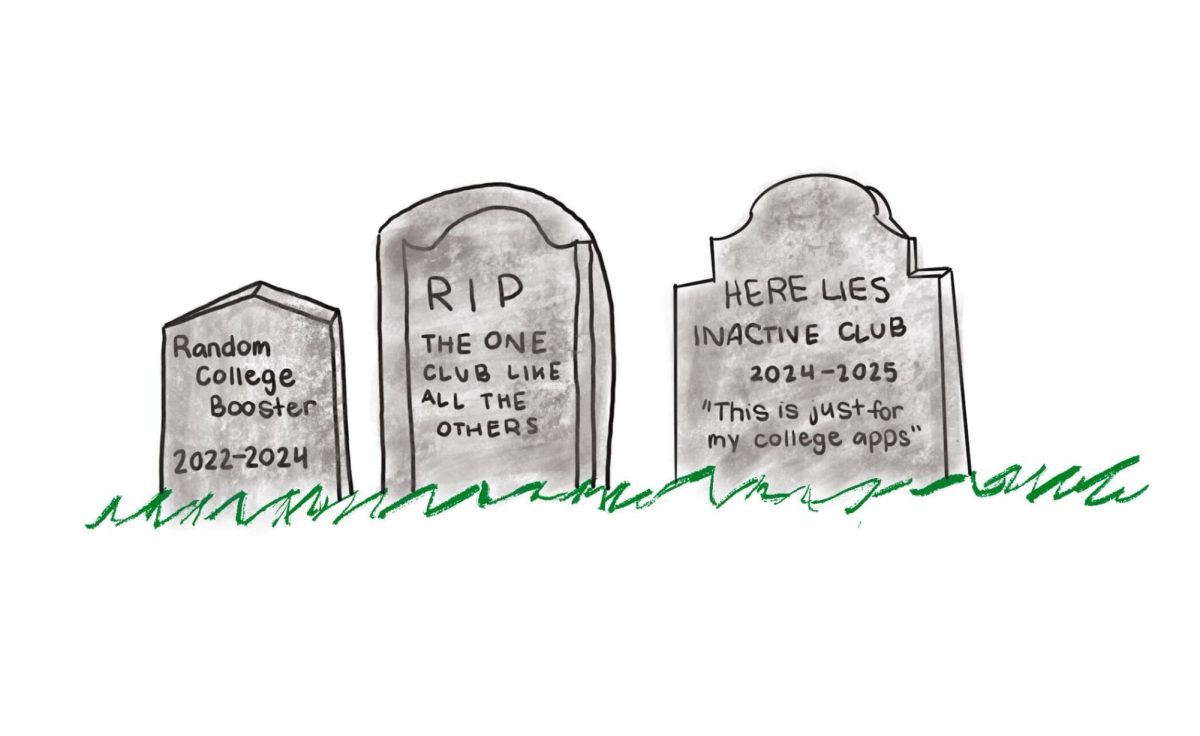Over the past summer, social media feeds have been inundated with content featuring women relishing in ordinary activities, with all the posts sharing the hashtag “girl.”
For many women, being a “girl” is not just a mere affirmation of gender, but a way to create a space unfettered by society’s diminishment of actions that are traditionally considered “feminine.”
The term “girl,” has become widely used by Gen Z and millennial women, shifting between its forms as a noun, verb and adjective that gives it fluidity in meaning. However, the term’s elasticity has also inaugurated a sense of solidarity among young women.
Rhetoric experts have characterized “girl” as a vocative, or a word to call someone in. In social media, content categorized under the hashtag “girl” unites young women in the virtual space.
The term “girl,” has had a long-standing association with the media and pop culture stereotype of someone who is naive or insipid. However, rather than conceding to the reductionary label, young women have seized on girlhood to defy such a stereotype. Online, they remain dynamic figures in discussions about culture and politics, expressing their thoughts without restraint.
The identity of being a “girl,” has also eroded the traditional notion of “masculinity,” by claiming things that are “meant for boys,” (i.e. football) under the “girl” domain. By adopting “girl” into their everyday lexicon, women have transformed mundane activities into ones of enjoyment — from strolling on “hot girl walks,” or explaining financial habits without the constraints of mathematical sense through “girl math.”
With teenage girls influencing much of pop culture and initiating linguistic movements, many have asserted that “girl culture” has the potential to permeate many aspects of modern culture. This past summer’s cascade of cultural events, including Taylor Swift’s Eras Tour and the release of the “Barbie” movie are a living testament to that.
Some have also expressed that “girl” is a direct counter to its precedent “girl boss,” which was characterized by relentless hustle culture in the professional world for women to be regarded in the same respect as their male counterparts. Eventually, the term “girl boss” began to wane as it became a symbol of perpetuating patriarchal structures within the workplace.
“Girl” has become an escape from oppressive expectations, giving young women the autonomy to appreciate simple joys without the incessant entanglements of feminist discourse about gender inequality or domestic work.
Many young women have grappled with finding a term that encapsulates the spirit of transitioning into womanhood — right now, “girl,” has become the medium for them.








